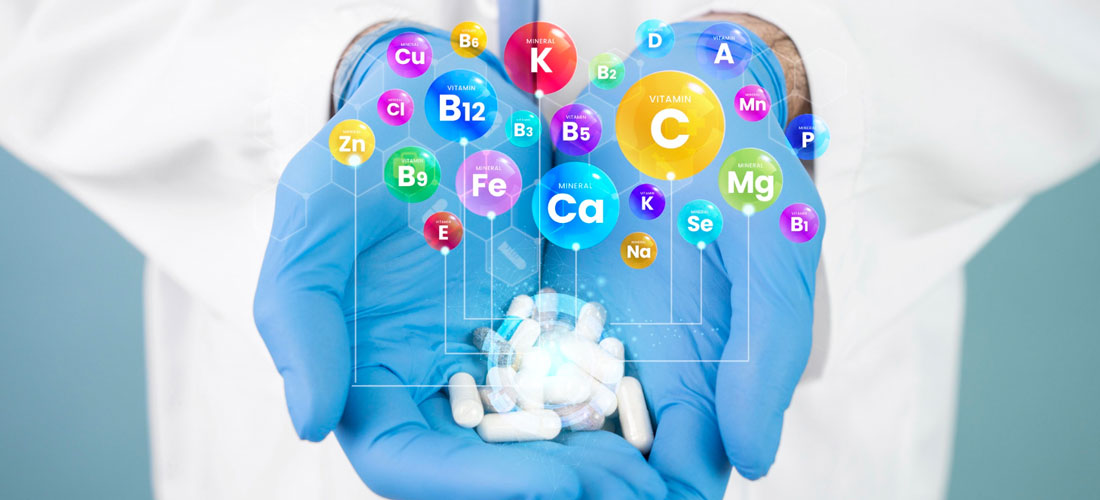Pharmacokinetics (PK) refers to how the body affects a drug over time—covering absorption, distribution, metabolism, and excretion. Pharmacodynamics (PD), on the other hand, describes how the drug affects the body, particularly the relationship between drug concentration and its antimicrobial effect. Together, PK/PD principles guide optimal antibiotic dosing regimens, maximize therapeutic efficacy, and minimize resistance development.

In the era of rising antimicrobial resistance, understanding the pharmacokinetics and pharmacodynamics (PK/PD) of antibiotics is critical for designing effective treatment protocols and preventing therapeutic failure. This session delves into how PK/PD principles inform rational antibiotic use, personalized medicine, and drug development.
Key themes include:
- PK/PD modeling in dose optimization
- Time-dependent vs. concentration-dependent killing
- PK/PD breakpoints in antimicrobial stewardship
- Special population considerations (pediatrics, critically ill, renal dysfunction)
- PK/PD in combination therapies and drug synergy
- Integration of AI and machine learning in predictive PK/PD modeling
- Translational pharmacology in antibiotic development
Attendees will gain valuable insights into how PK/PD knowledge bridges the gap between lab and clinic—offering a science-based roadmap to fight resistant infections effectively.